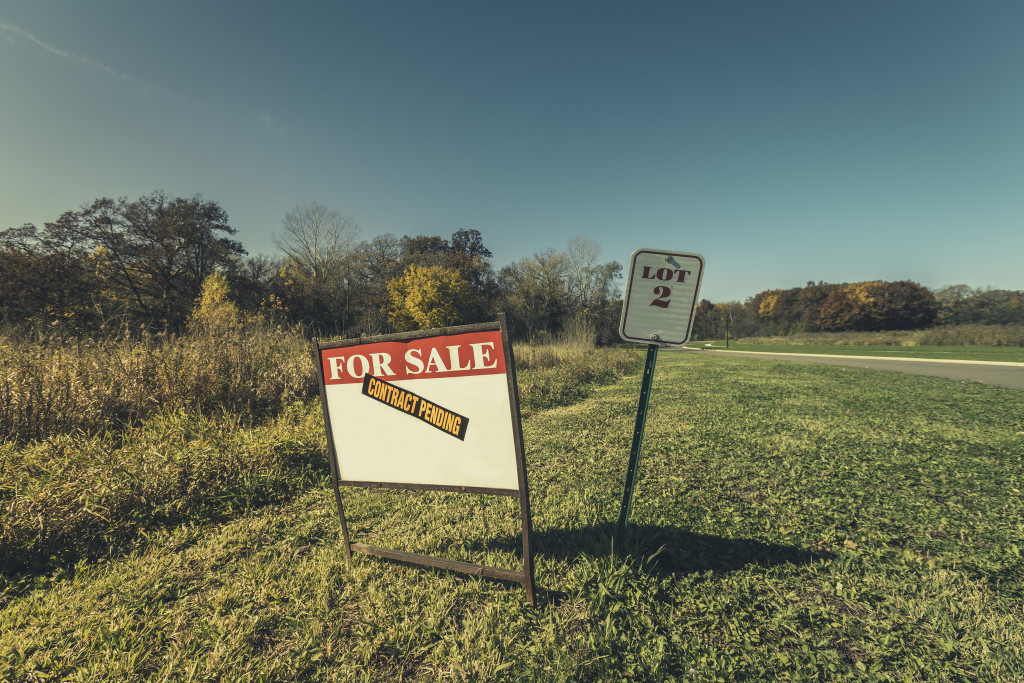- Land, a finite and tangible asset, offers substantial investment potential due to its multiple uses and limited supply.
- It comes with tax benefits and low maintenance costs, making it appealing compared to other investment avenues.
- The diverse land uses – from residential and commercial purposes to conservation and energy production – offer various income generation possibilities.
- Proper research, understanding zoning laws, surveying the land, and identifying potential problems are crucial steps before investing.
- Working with an experienced realtor can streamline the investment process, ensuring you get the maximum returns from your land investment.
- When investing money, there are countless options, from stocks and bonds to real estate and cryptocurrency. However, one type of investment that often goes overlooked is land. Many people see land as a non-performing asset, but the truth is that it can provide numerous benefits to investors. Here’s what you need to know about land in the U.S., reasons to invest in it, and how you can invest appropriately in land.
Land in The U.S.
It’s estimated that the United States has nearly two billion acres of land. Most of this land is owned by individuals, corporations, and other entities. As such, it can be difficult to access for most investors. However, there are still plenty of opportunities to invest in land here in the U.S., from farmland to residential and commercial property.
Reasons To Invest In Land
Land investments can provide several benefits, such as:
1. Limited Supply
One of the top reasons to invest in land is that it’s a finite resource. Unlike other investments, the amount of land available for purchase is limited. As the world’s population grows, the land demand will only increase. This will inevitably lead to a rise in land prices, making it a wise investment to hold onto for the long term.
2. Offers a Tangible Asset
Unlike stocks or mutual funds, land is a tangible asset you can see and touch. This gives investors the satisfaction of knowing exactly what they’re investing in, which can be comforting in uncertain economic times. Moreover, land ultimately has the potential to appreciate over time, increasing your wealth in a way that intangible assets cannot.
3. Multiple Uses for Land
While most people think of land simply as a place to build a home, there are many uses for land. Agricultural land can be used to grow crops, while recreational land can be used for hunting or fishing. Other uses include commercial development, conservation, and even energy production. Investing in land opens up a world of possibilities for generating income.

4. Tax Benefits
Another advantage of investing in land is that it can provide significant tax benefits. For example, if you own forested land, you may qualify for a timberland tax break. Additionally, you may qualify for agricultural property tax exemptions if you use the land for farming or ranching.
5. Low Maintenance Costs
One final benefit of investing in land is that it requires little maintenance. Unlike rental properties, you don’t need to worry about fixing leaky faucets or dealing with problematic tenants. Moreover, while you may need to pay property taxes and perform routine upkeep on your land, these expenses are typically much lower than what you’d encounter with a rental property.
How to Invest in Land Properly
Land is a significant investment, but there are specific steps you must take to ensure that your investment is successful. Here are some tips for investing in the land:
Research Your Local Market
Before making land investments, it’s important to research the local market and assess factors such as population growth, job opportunities, transportation infrastructure, and zoning laws. This will help you determine whether a particular property is a good investment.

Get The Land Surveyed
It’s good to get the land surveyed beforehand. You can hire an experienced land surveyor to do this. A survey will better understand the land’s boundaries and features, helping you decide whether it’s worth investing in.
Look for Any Potential Problems
No piece of property is without its flaws, so it’s vital to assess any potential problems before making your investment. Look for anything that might make the land difficult to develop, such as wetlands or zoning restrictions. Also, be sure to check for liens and easements on the property.
Use an Experienced Realtor
Working with an experienced real estate agent when investing in land is a good idea. An agent can help you search for properties, negotiate the best deal possible, and ensure all paperwork is completed correctly.
Investing in land can be a great way to build wealth over time. By doing your research and taking the right steps, you can make an informed decision about whether this type of investment is right for you. With a bit of knowledge and patience, land investments have the potential to be very lucrative. With the right strategy and guidance, you can make a rewarding return on your investment. Just remember to take the time to do your due diligence to get the best possible outcome from your land investment.

